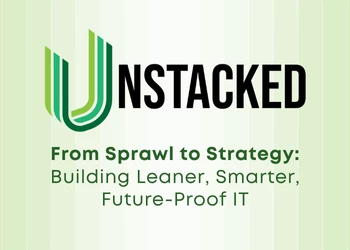China Just Censored an Entire Novel While it Was Being Written, How Did It Do It?
A disturbing development, but an intriguing one in terms of technology.
Add bookmark
Last month a Chinese novelist writing under the alias Mitu was working on WPS, a Chinese version of a cloud-based word process software similar to Google docs when suddenly she became locked out of their one million-word document.
In the Chinese literature forum Lkong on June 25, Mitu accused WPS of “spying on and locking my draft,” citing the presence of illegal content.
As reported by MIT Technology Review last week, while Mitu’s document has been saved online and was previously shared with an editor in 2021, she says she had been the only person editing it this year, when it was suddenly locked. “The content is all clean and can even be published on a [literature] website, but WPS decided it should be locked. Who gave it the right to look into users’ private documents and decide what to do with them arbitrarily?” she wrote.
The episode has sparked a censorship debate in China, a nation renowned for clamping down on what it deems dissident content.
In this regard, it would seem that this story is more man meets dog than dog meets man, but what is interesting about it is the likely technology behind the madness: unstructured data processing (UDP).
What is UDP? UDP is a collection of technologies ranging from Natural Language Processing (NLP), Sentiment Analysis, Pattern Recognition, Speech-to-Text and Computer Vision, Voice Recognition among many others.
Mitu’s maladies will mostly have occurred due to NLP, wherein the Chinese government has set up an algorithm to read over any and all documents on WPS, blocking access to anything which breaches its algorithmic guidelines.
But that doesn’t change the fact that while UDP is a god-send to dictatorships the world over, it is also essential for business enterprises today who sit atop a world of important data that could be harnessed to enhance systems, processes and profits. Despite the benefits proper data governance can bring, Gartner research has suggested that upward of 80% of enterprise data today is unstructured.
This matters for all manner of reasons. Unstructured is particularly hard to protect from hackers, and worse still, mant enterprises don’t even know what lies within those unstructured data files or who owns these files. One survey put 71% of enterprises are struggling with how to manage and protect unstructured data.
Even if the data is harmless, increasing regulation around how businesses use data means that any data that is unstructured may be found in breach of new laws.
As highlighted at our recent event, businesses must identify unstructured data, and use a variety of tools which can help you better classify and understand what sits at your enterprise’s fingertips. Head over to the Intelligent Automation Network now to learn more about the power of UDP.

































